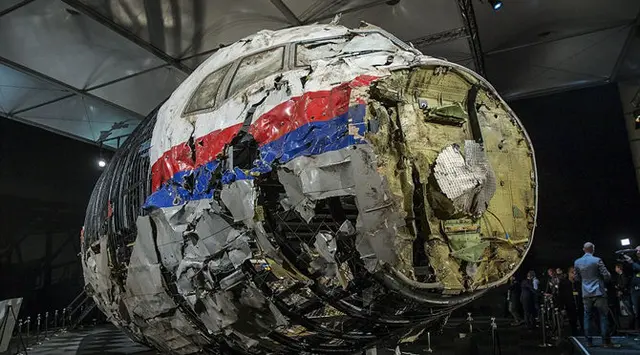The 5.8-magnitude earthquake that jolted the western Greece island of Cephalonia on Sunday caused no casualties but just material damages, according to initial information issued by local authorities.
"We have no reports for injuries," Argostoli's Deputy Mayor Spyros Maniatos told Xinhua, saying there were only reports of material damages in old buildings, shattered glass from store windows, rocks blocking mountainous roads and some power cuts.
But people were alarmed and Two hours after the quake, they remained out in the streets, he said. "Because in particular the older ones like me remember the catastrophic 1953 quake."
Maniatos added that local authorities are continuing to assess the impact with patrols.
Upon order of Greek Prime Minister Antonis Samaras, Interior Minister Yannis Michelakis will travel to the island on a military helicopter to offer any help needed, the Greek national news agency AMNA reported.
In 1953, in one of the worst tragedies linked to quakes in Greece's modern history, Cephalonia and the nearby islands of Zakynthos and Ithaki were hit by a 7.2-magnitude quake and dozens of aftershocks that caused more than 450 casualties and the homelessness of 140,000 people.
With a depth of 10 km, the quake hit the outskirts of the Argostoli city, some 290 km west of Athens at 15:55 local time on Sunday and was felt across a large part of western and central Greece, according to the Athens Geodynamic Institute.
The European Mediterranean Seismological Center has given a higher estimate of 6 magnitude on the Richter scale for the tremor.
As at least three milder aftershocks have been recorded, Greek seismic experts suggest "caution over the next few days."
Seismic prone Greece is often hit by quakes. In one of the most recent major tragedies, a 6-magnitude quake jolted Athens in September 1999, leaving more than a hundred deaths and extensive damages.
 简体中文
简体中文

